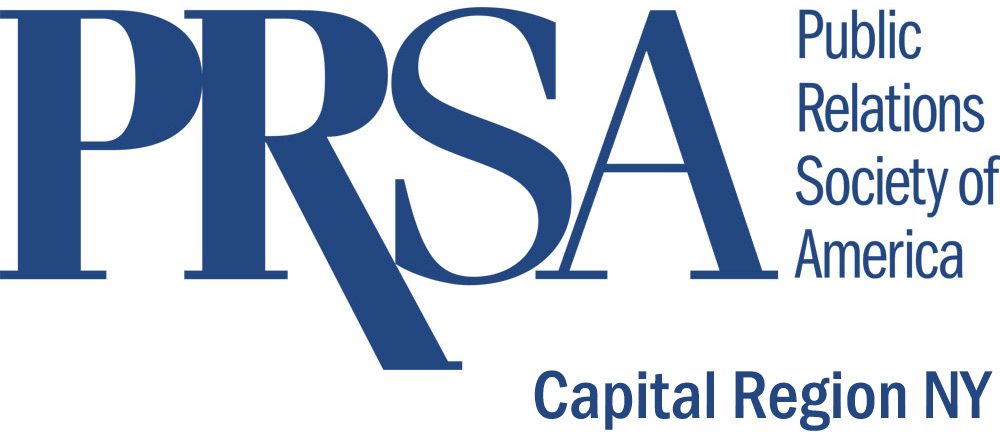By Kathleen Wren-Kirvin
Director at Large, PRSA-Capital Region
Director of Business Development and Communications, Couch White, LLP
kkirvin@couchwhite.com
I get asked the same question a lot, especially over the last year as I undertook a new job – Which do I like better, agency or in-house? I spent 10 years in the public relations agency setting and made the jump in-house a year ago. I haven’t looked back once. As you can imagine, there are a lot of differences being on the inside of a corporation versus being a hired public relations consultant. There are a lot of similarities too. There are pros and cons to both sides and a lot depends on the individual person performing the work. I thought it might be fun to explore the differences between public relations agencies and in-house communications positions. Here’s what I think…
Agency:
-In the agency setting you’re often working with multiple clients that cross multiple industries. That means there’s often a lot more diversity in the projects you work on and even the types of clients you will work with on a daily basis. This gives you an opportunity to learn what you like and what you don’t and can help you choose a specialization down the road.
-Working at an agency provides more exposure to different public relations techniques, campaign elements and overall strategy that will provide additional learning opportunities.
-Agencies are constantly involved in business development and that opens up the opportunity to change your specialization or learn a new industry. Depending on the focus of your agency, you can often get exposure to a multitude of industries and widen your knowledge base.
-It’s often said that professional development is better funded when you’re in-house. For me, this wasn’t the case. I was lucky enough to work for three agencies that found it very beneficial for me to obtain additional training.
In-House:
-You have a seat at the table. In the agency world, we often said, if only I could sit in my clients office for a couple days straight, I’d better understand their needs and they’d better understand my capabilities. In-house, you’re there. You’ve got access to the head of the company and to the most junior staff members at the same time. You’re living their world day in and day out. You’re part of the process not just implementing someone else’s strategy. Without my agency experience, I would not have the seat I have at this table though.
-PR professionals who work in-house in a communications department often times have the opportunity to be more focused on overall strategy. Although agencies do provide recommendations on strategy, professionals working in-house are usually tasked with making the final decision on strategic direction or even creating complete campaigns.
-It’s important to have an interest in the field/area that your company is in or at least enjoy working in that industry. When you’re in-house, you have one client, the company you work for, and everything you do will revolve around them.
-In-house jobs typically allow you to delve deeper into each project. You may be tasked with running a campaign from start to finish, instead of just touching on certain aspects of the campaign, which often times happens at an agency.
-The fact that you consistently work on one client – your organization – means that the impact of your work is likely to have a greater and more transparent impact than if you worked occasionally on this client.
-No more timesheets! For the first time in my career, I’m not responsible for every .25 hours of my time. I can focus on my job and not making a profit for my company. When working in an agency, billable hours (i.e. profit) rule all other aspects and it can be troubling to have to balance professional communication responsibilities with business efficacy responsibilities.
-In-house there is more support overall. I don’t have to wear three hats anymore. In my agency role I was not only responsible for upwards of 85% of client business, I was also head of human resources, head of technology and both mentor and recruiter of employees.
Depending on the size of the agency and the organization you are working for in-house, your experience could be very different than what I’ve experienced. Working at a large agency could have the look and feel of working in-house, depending on the agency. I’ve learned so many things from my experiences in the agency setting. I’m enjoying this new role a lot.
What do you think?

I think the agency to in-house experience is largely influenced by the size of the firm, the size of the MARCOM department, and the culture of each (or how many clients/tasks you are responsible for).
If you are early in your career and thinking in the long-term career trajectory context, I believe the agency experience is important and valuable. Almost all agencies will require agency experience and when/if you decide to move in-house, you will have a lot of projects and experience you can draw from.
In short, starting out an agency opens a lot of doors.